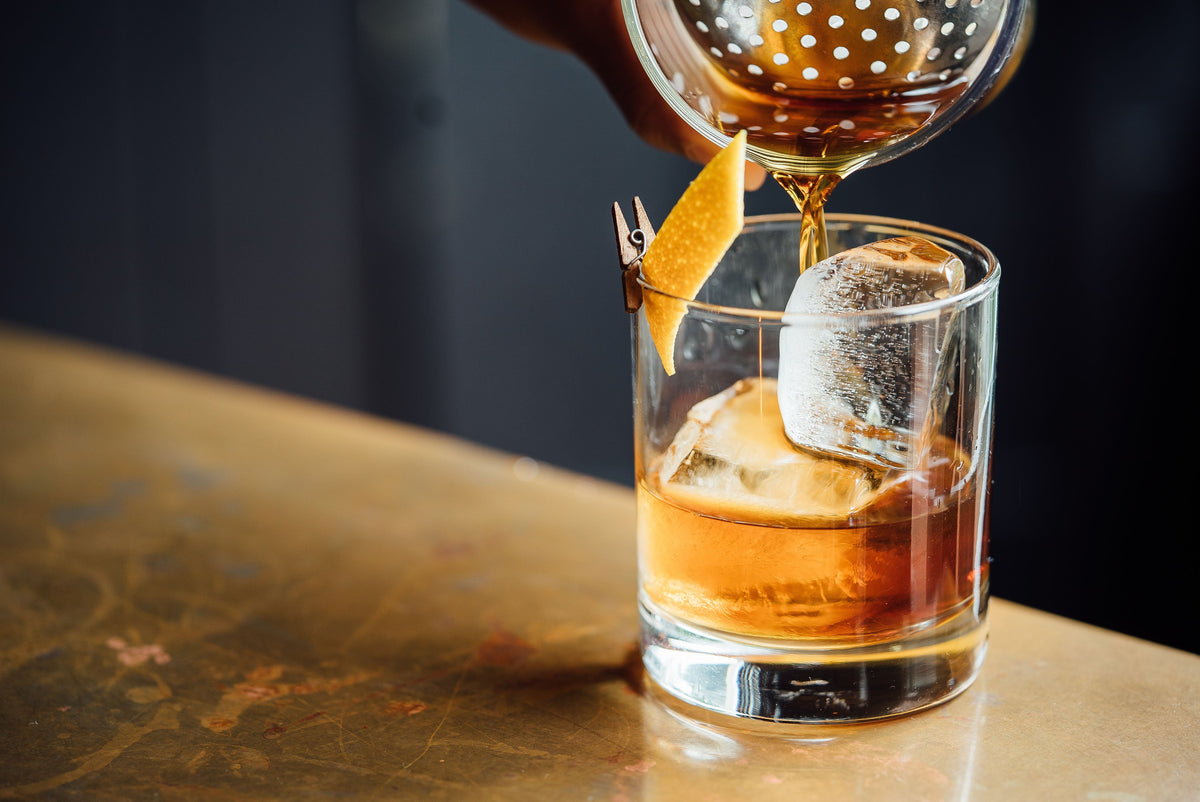
Snooze vs. Alcohol: How Alcohol Affects Your Sleep Quality
|
Time to read 2 min
This store requires javascript to be enabled for some features to work correctly.
Written by: The Myza Editorial Team
|
Time to read 2 min
Ale before sleeping, it’s a morning of weeping. We’ve all had a little too much booze at some point of time in our lives, but as the rhyme so aptly describes, the morning after a night of drinking is often hellish. We’re groggy, thirsty, and in a state of prolonged tiredness, akin to not having slept at all.
But some swear on the power of a quick tipple before bedtime to send them straight off to dreamland. How does this work, you may ask? The relationship between alcohol and sleep is far more complex than you may think.
Alcohol, or liquid courage as it is fondly known, is primarily a stimulant. We’re hit with a surge of endorphins which make us social butterflies and amazing conversationalists. This is all well and good, however, until the buzz wears off, when the stimulant turns into a sedative, making us sleepy or even leading us to dangerous periods of blackouts.
And though a pint may make us yawn away in the moment, what we ought to remember is that humans tend to sleep in two stages through the night. And alcohol greatly enhances the first, but negatively impacts the second. Research suggests that alcohol reduces the amount of time it takes to fall asleep and increases the periods of deep sleep one gets in the first half of sleep; this is only to be offset by a greater number of disturbances and feelings of restlessness through the latter part of the night, once the sedative qualities of alcohol have worn off.
So while some people will gladly knock back a glass of vino to get them to feel drowsy, it unfortunately doesn’t work for the whole time.
Truth be told, a small amount won’t have a significant impact on the quality of your sleep, but what can develop is a tolerance and dependency on the sedative-qualities of alcohol to fall asleep – a dangerous path to wander down if you’re a chronic insomniac, or if you have poor self-control.
And to make things just that tiny bit more annoying, alcohol makes you a snore a lot (after all, its sedative characteristics relaxes the muscles in the throat and enhances symptoms of sleep apnoea and irregular breathing) and makes you want to tinkle frequently. All in all, not a good recipe for a smooth night’s worth of sleep.
By all means, enjoy your Pimms’o’clock and that much-needed post-work G&T to relax the mind, but perhaps not to close to bedtime so as not to ruin those forty winks.
Snooze, not booze.
Receive 10% off your first order when you subscribe to our newsletter




